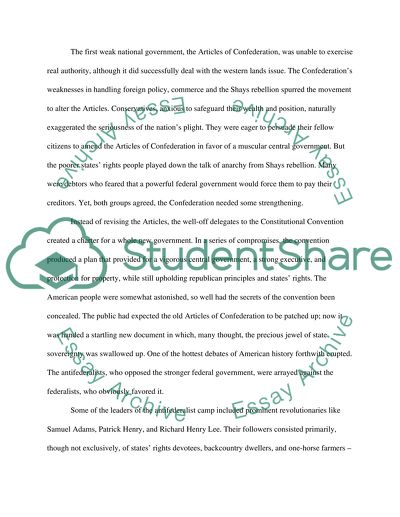Cite this document
(“Americ's History Essay Example | Topics and Well Written Essays - 750 words”, n.d.)
Americ's History Essay Example | Topics and Well Written Essays - 750 words. Retrieved from https://studentshare.org/miscellaneous/1509116-americs-history
Americ's History Essay Example | Topics and Well Written Essays - 750 words. Retrieved from https://studentshare.org/miscellaneous/1509116-americs-history
(Americ'S History Essay Example | Topics and Well Written Essays - 750 Words)
Americ'S History Essay Example | Topics and Well Written Essays - 750 Words. https://studentshare.org/miscellaneous/1509116-americs-history.
Americ'S History Essay Example | Topics and Well Written Essays - 750 Words. https://studentshare.org/miscellaneous/1509116-americs-history.
“Americ'S History Essay Example | Topics and Well Written Essays - 750 Words”, n.d. https://studentshare.org/miscellaneous/1509116-americs-history.


